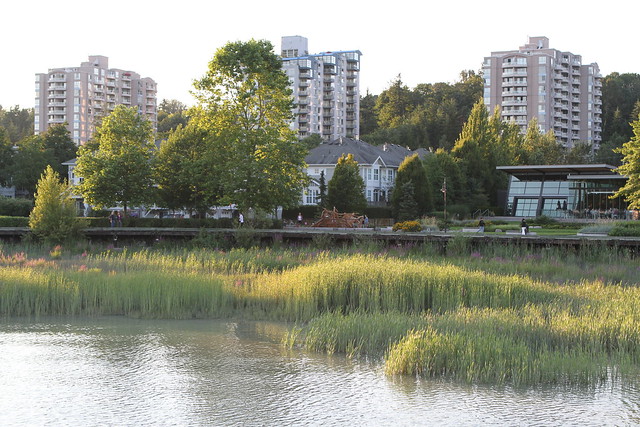On Saturday, September 2 2012, the Vancouver Police Department once again demolished the cart of a homeless DTES resident. The cart contained personal belongings and all the necessities for surviving on the streets: clothes, bedding, tools and other essential objects.
The VPD prohibits the demolition of a homeless persons’ property under the Abandoned Property Policy, but officers have repeatedly violated the policy.
Last summer the Mainlander published an article on VPD shopping cart demolitions. In response to a documented VPD removal of a shopping cart in the DTES on June 25th 2011, the Mainlander criticized the VPD’s continued contravention of their own operating guidelines. The article noted that by the summer of 2011, nothing had changed since lawyer David Eby documented the removal of a shopping cart in February 2009.
In response to the complaint of the June 25th 2011 incident, the VPD issued a statement on July 5, 2011, admitting the misconduct: “The Vancouver Police Department has taken steps to remind every officer that if they come across items that appear to be abandoned, and that need to be removed from the street for the safety of the public, or for the safekeeping of the items, the property is to be safeguarded until the owner can be identified and retrieve their items.”
This Saturday’s demolition took place at 8pm near Insite on East Hastings. Against a crowd of protesting DTES residents and neighbors, the officer responsible stated that the removal was justified by the fact that the owner of the cart had been absent for several days. But according to staff at Insite, the cart had been there for less than 12 hours.
The cart contained bedding and tools neatly tucked away into separate containers under a meticulous rain-proof cover. The owner of the cart had been in Surrey for the day and for obvious reasons was unable to bring the cart with him.
Across the street from the cart incident lies an abandoned site owned by private real-estate developer Marc Williams. The site contains garbage and rubble, all of which were allowed to ferment for more than a year despite numerous formal complaints against the smell and presence of rats from DTES residents and tenants of neighboring hotels. The city’s message is that a rich person’s garbage is outside the law, while a poor person’s livelihood is garbage.
From their current actions, it is clear there has been no change in VPD’s practice of handling abandoned property in contravention of official policy. This violation of basic rights should come as no surprise. The city’s aggressive revitalization plan for the DTES is being pushed ahead by city hall, despite overwhelming opposition and protest by residents. Vision Vancouver’s Revitalization Strategy for the DTES is part and parcel of the criminalization of poverty and neither can be considered in isolation. As such the demolition of poor peoples’ homes and property is not only a failure on behalf of the VPD but a systematic failure of the city.



